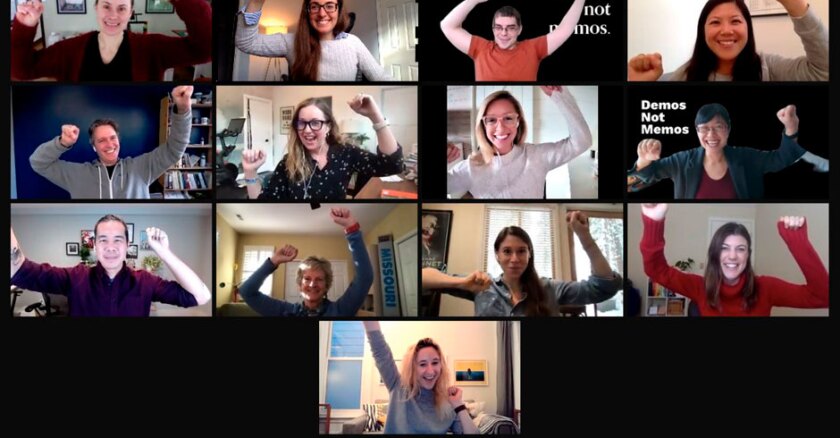USDR helped partner volunteers with more than 180 public agencies across 36 states and territories, totaling more than 250 projects. Work covered a wide range of needs, including vaccine dispersal, COVID-19 testing, unemployment insurance, food security and access to voting. The group estimates that its work has impacted more than 13 million people. In Seattle alone, USDR helped the city launch two free COVID-19 testing sites. Within six months, 450,000 people had been tested there. Perhaps most encouraging is that often the work lends itself to scaling.
“It first felt like we’d get one-off requests,” said Jessica Cole, a member of the USDR executive team and one of its co-founders. “Now we’re finding we’re almost able to see a little into the future about what the core needs are becoming. One government or one partner might have a solution that might then be applicable to all 50 states.”
There are no plans to stop. In fact, the partnerships USDR formed with local government amid the crisis are evolving. In New York City, for example, the second cohort of the NYC[x] Innovation Fellows Program just graduated. That program is a direct result of USDR working with the NYC Mayor’s Office of the Chief Technology Officer. Work done there includes helping to manage crisis response equipment, using AI to translate government websites into different languages and building a hate crimes prevention map.
“What we’ve found is that while USDR was founded in the pandemic,” said Raylene Yung, USDR CEO and co-founder, “ultimately we’re growing because it was the right time across a number of different trends.”









